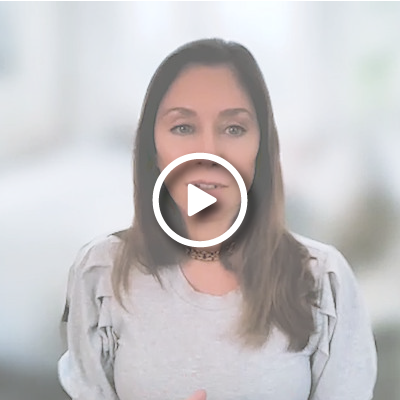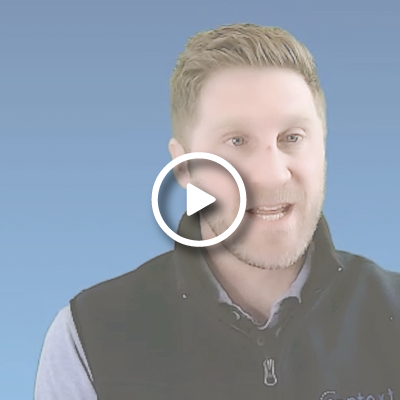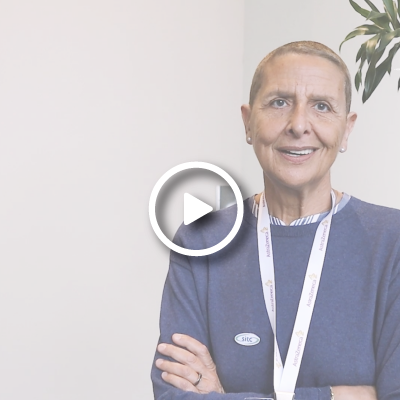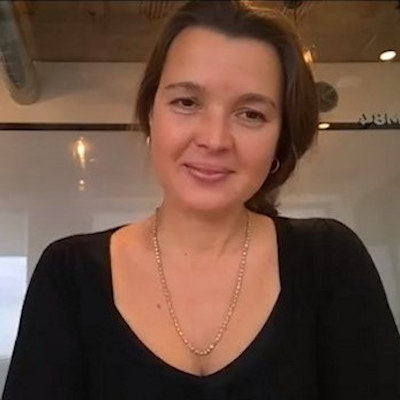March 1, 2022 -- Sharing experiences with future generations is key to moving science and biotechnology forward. As a female leader of a biotechnology company, Dr. Bridget Martell, CEO of Artizan Biosciences, shares her experiences and perspectives with ScienceBoard.
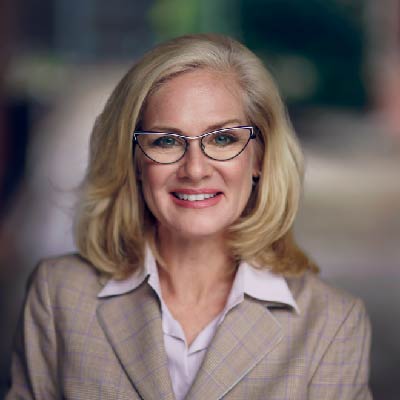
Can you tell us about Artizan Biosciences and what the company does for the industry?
Sure. Artizan Biosciences is a biotechnology company located in New Haven, Connecticut. Our flagship technology was licensed out of Yale. It's called IgA-Seq technology. And what we are is a precision medicine company that is actually looking at targeting the human gut as a drug discovery tool.
And what that means is that we and our human gut live with many other microorganisms and many of these microorganisms have been implicated in causing and or promulgating inflammatory diseases and chronic diseases. So, chronic diseases that we think about like inflammatory bowel disease or irritable bowel syndrome. And even beyond that, diseases such as Parkinson's disease or dementia. And so, we are actually looking at factors that microorganisms produce and seeing what those factors are and drugging them, meaning we're taking away those factors so those factors no longer are the root cause of chronic inflammatory processes and can help treat disease.
Let's take a step back and talk about you as a woman in science. So, can you tell us why you're CEO of a life sciences business and what motivates you to be CEO in your current role?
Well, I've been in the industry for a long time. I'm a physician scientist by training, and I love to treat patients and I love to make them feel better. And so, you know, we've just gone through the epidemic of COVID and I’m grateful for all the first line health care workers for curing and treating hundreds and thousands of lives.
But in my business, in my world, I love to treat millions of lives. And so, I feel like the work that I do is transformative. And I love putting together really productive, high quality, you know, super smart people in order to move science and transform what do. Biotechnology advancements in science and medicine have the ability, just like I say, save millions of lives and treat many devastating diseases for which we still don't have a cure.
What lessons you've learned as being a part of this industry? What do you see as some of the failures or places where we can be doing better about diversity and inclusion, specifically around women in science and what that looks like for you in the future?
That's a great question. I think that we are lucky we're now entering a generation where we have a lot more ability to be fluid in the types of jobs that we have. When I started in the industry, I was often the only senior executive in the room. I was often the only board member, and certainly very few women CEOs that I could look forward to and ask for mentorship.
I think that's changing. And I think why that's changing is because people are realizing that there were barriers that were placed. There was these networks, and I don't think people meant it purposefully. I think these networks become very insular and people are becoming a little bit more aware of their insular nature and becoming more inclusive. And looking broadly, there's lots of smart people that come from all sorts of backgrounds, whether they're men or women or what race or what country. And I think that that we're doing a better job with that.
So, I have to give a lot of credit to the generation before me who really fought for that. There were a lot of barriers that I saw when I first came to Yale, and that's really changed a lot.
What advice would you have for women who are trying to maybe get to the point that that you're at or wanting to become a CEO or even being a physician or a scientist?
That’s another great question. When I reflect on the question like that, I think the first thing that pops into my mind is it takes a village, right? So, we as women have to understand that we need help, too. I think that for women, who have been trying to climb the corporate ladder for a long time, they felt like they had to do it all and not ask for help and I think that's the wrong way to approach it.
I have help at home. I have help in my daily activity. Every day I'm talking to a mentor, and it's sometimes a male mentor. Sometimes it's a female mentor. I'm building my network. I'm helping to mentor my peers. I'm helping to bring up young talented professionals that want to do something like I'm doing in my in my career or even doing something differently.
I’m giving them the perspective of age and wisdom. And so now I've gotten to the point where I've seen a lot of things, I've talked to a lot of people, and I've watched a lot of processes happen. Now, I think it’s time for me to go ahead and impart that back to a generation that hasn't had those experiences, and what I think we all need to do together as a collective.
What's on the horizon for Artizan Biosciences and for you as a woman in science?
I really hope that we can realize the vision that is Artizan Biosciences. This is transformative medicine, potentially. And we just announced that we have a lead candidate that we're going to be talking to the FDA about this year and hopefully starting an inpatient trial by early next year. And it would be really great to see if these medicines do work in really devastating chronic debilitating inflammatory conditions. And it would be another new wave of medicines for people to use and for physicians to use in their armamentarium when they prescribe for their patients.
Copyright © 2022 scienceboard.net




